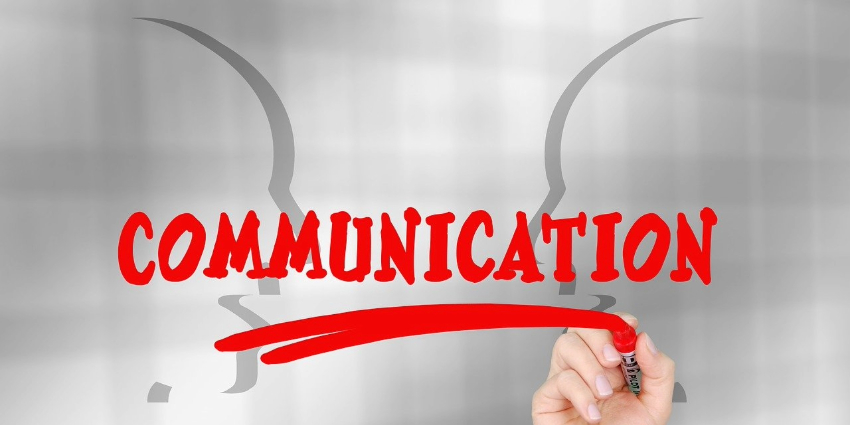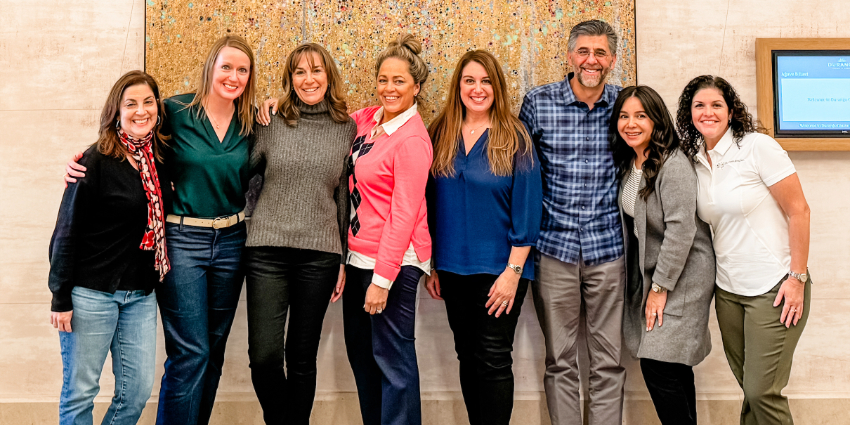I’ve written about the concept of Psychological Safety before, most recently in this March’s Thought Partner: Creating More Effective Meetings. Today, however, I want to share a specific “subset” of this concept that may resonate with you or someone you know (so feel free to forward this message to them).
In Amy Edmondson’s book, The Fearless Organization, she presents a case study involving a new and relatively-inexperienced neonatal nurse, a well-established neonatologist, and a set of premature twins, born at 27 weeks and considered high-risk. The new nurse, assessing the situation, and remembering a new medical procedure and medication she had recently learned about to promote lung development, chose not to mention her suggestion to the well-established neonatologist. She thought about it but eventually chose not to suggest the treatment. Her perception was that the doctor knew best, and he probably didn’t mention the treatment himself for a particular reason. Additionally, she had overheard the doctor berating another nurse for questioning his orders just the previous week. Weighing those factors, she decided to remain silent.
According to Edmondson, this nurse made an Unconscious Risk Calculation – she inadvertently discounted the future by underweighting the more important issue of the patients’ health and overweighting the importance of the doctor’s unfavorable response (and I would add she may have inadvertently assumed that the doctor was up to date on all things new and cutting edge in their field).
Discounting the future is a problematic tendency that leads to decisions that often focus on shielding us, keeping us safe, and protecting our reputation at the moment, yet can have significant ramifications for the future of our businesses, teams, and lives.
Think about how often scenarios like this happen. Maybe you’ve been in a meeting with your leader and peers and you have a suggestion that no one else has considered. Do you share it or hold it back for fear of being perceived as uninformed, incompetent, or throwing roadblocks up as an alternative detour to the direction of the discussion? Or have you had an “off-the-wall” idea that you think is worth exploring but censure yourself from sharing because it’s never been done before?
You may not realize you’re doing this. Remember Amy labeled this an UNCONSCIOUS Risk Calculation. It’s almost a split-second decision based on how safe you feel in that particular situation.
When you face situations like these, the challenge is to shift your focus from the desire to be accepted and fear of being rejected to recognizing your contributions have value and can help your organization reach its ultimate goal. Depending on your industry, your decision can even be lifesaving.
Ask yourself where the harm really is.
Is it in a few eye rolls that may come your way, or is it in discounting the future?













